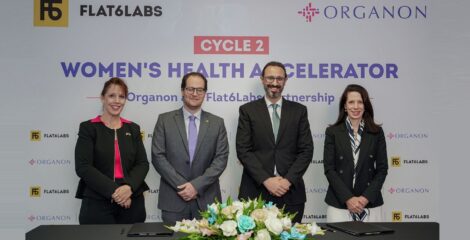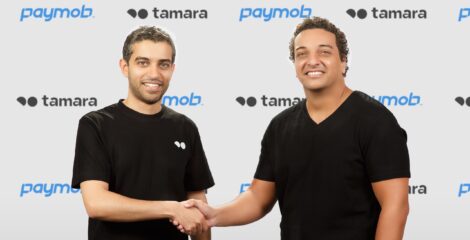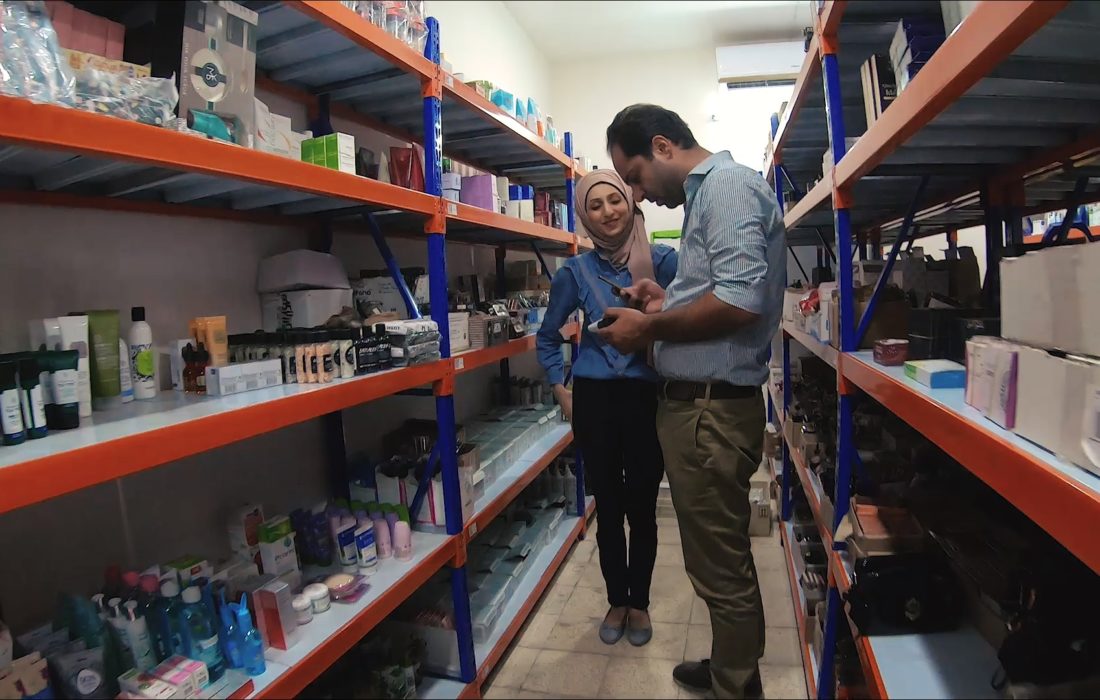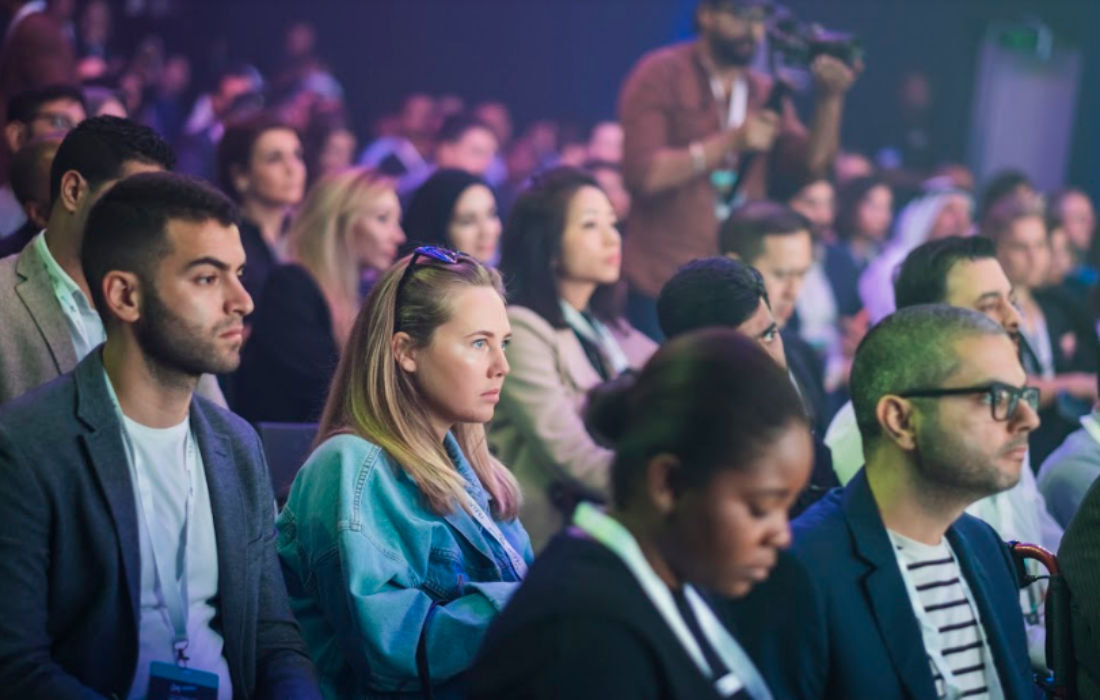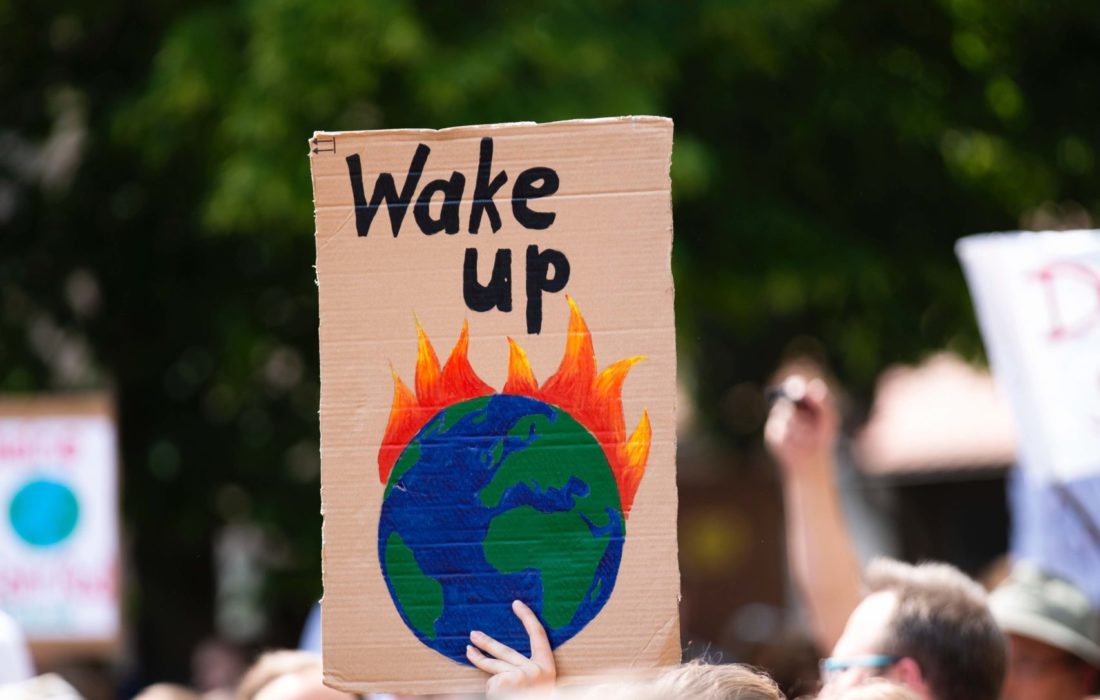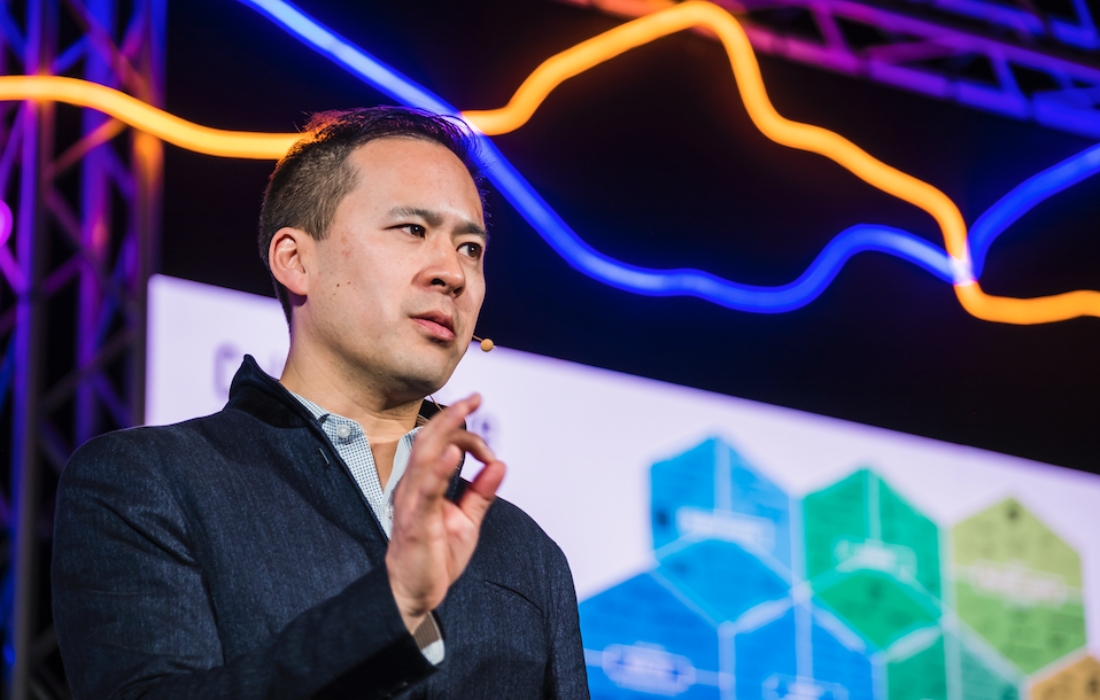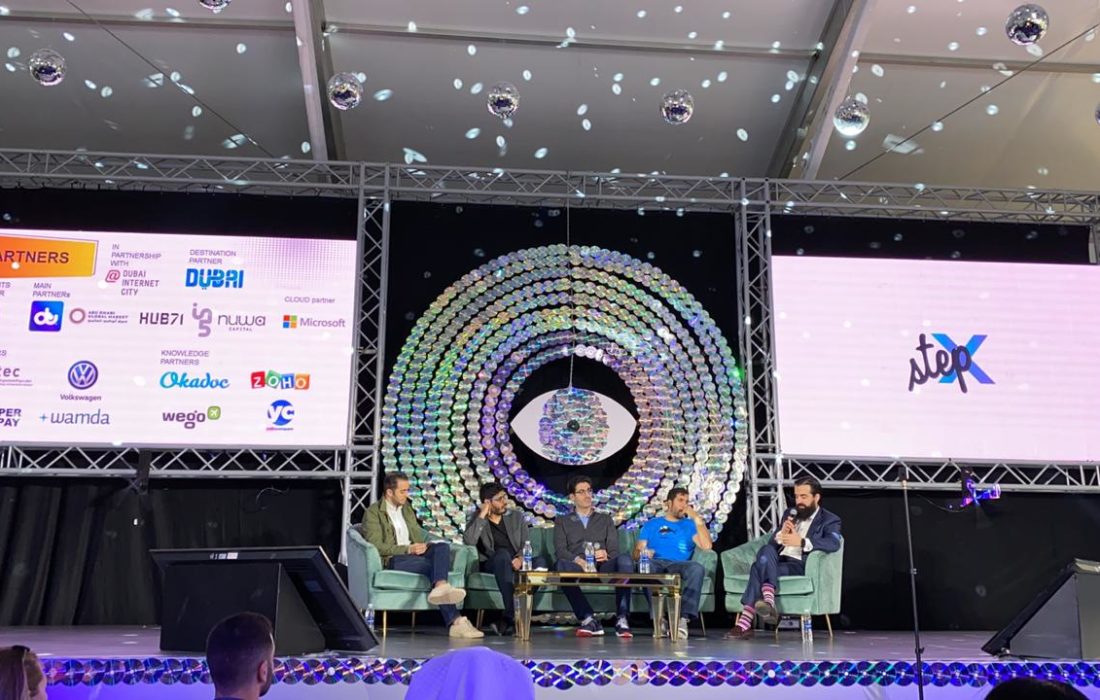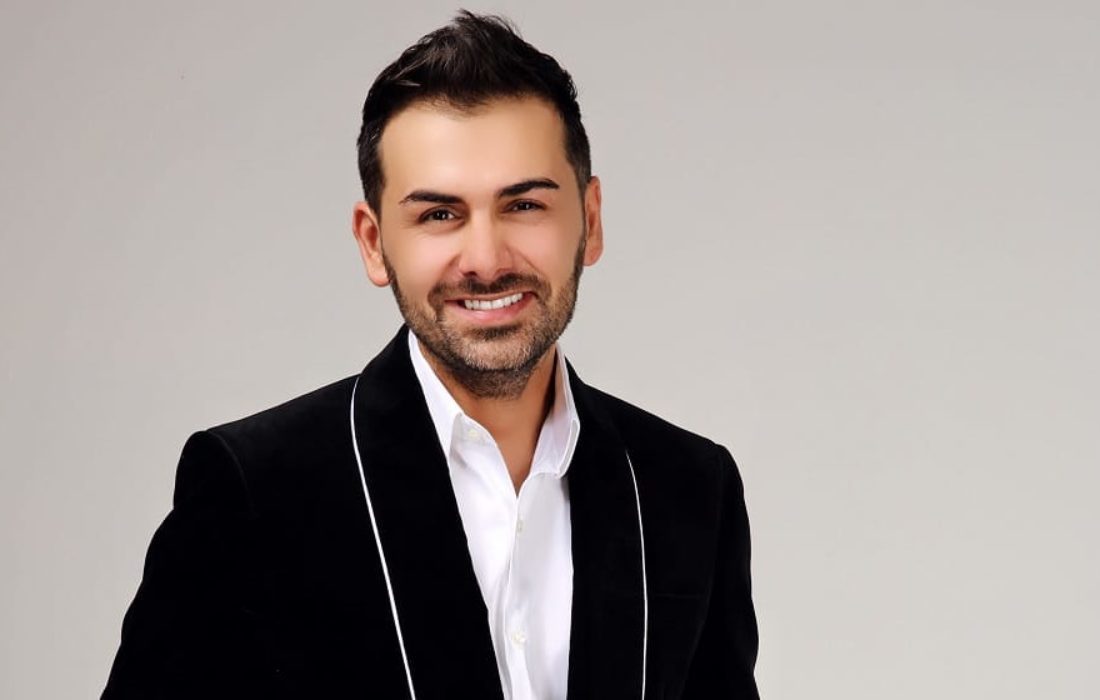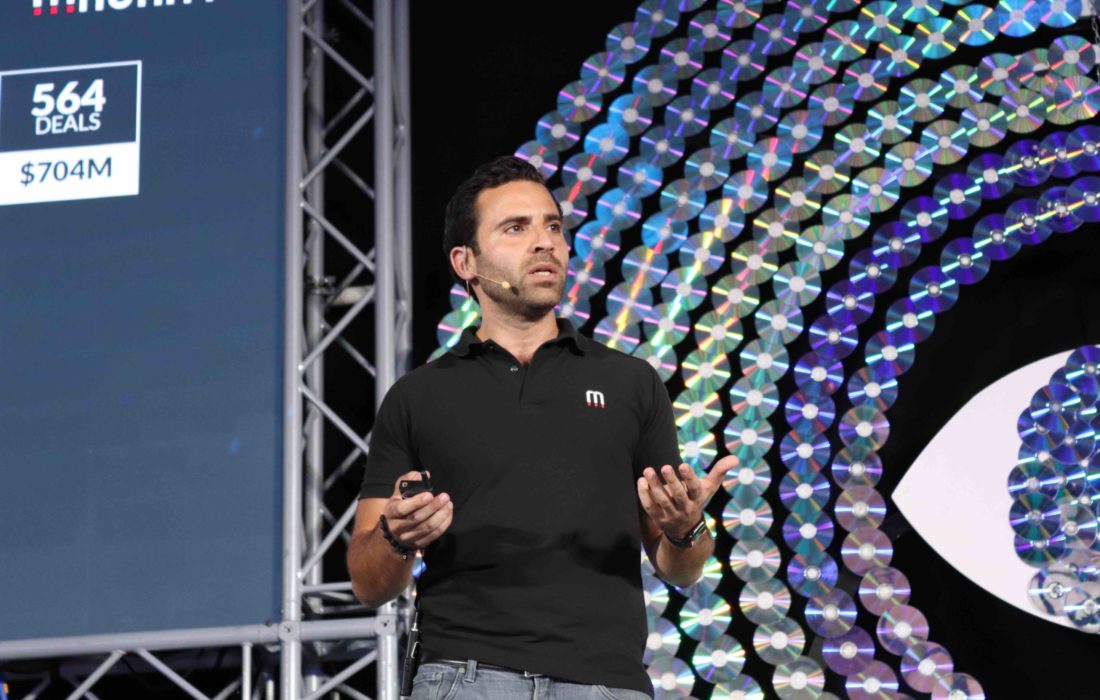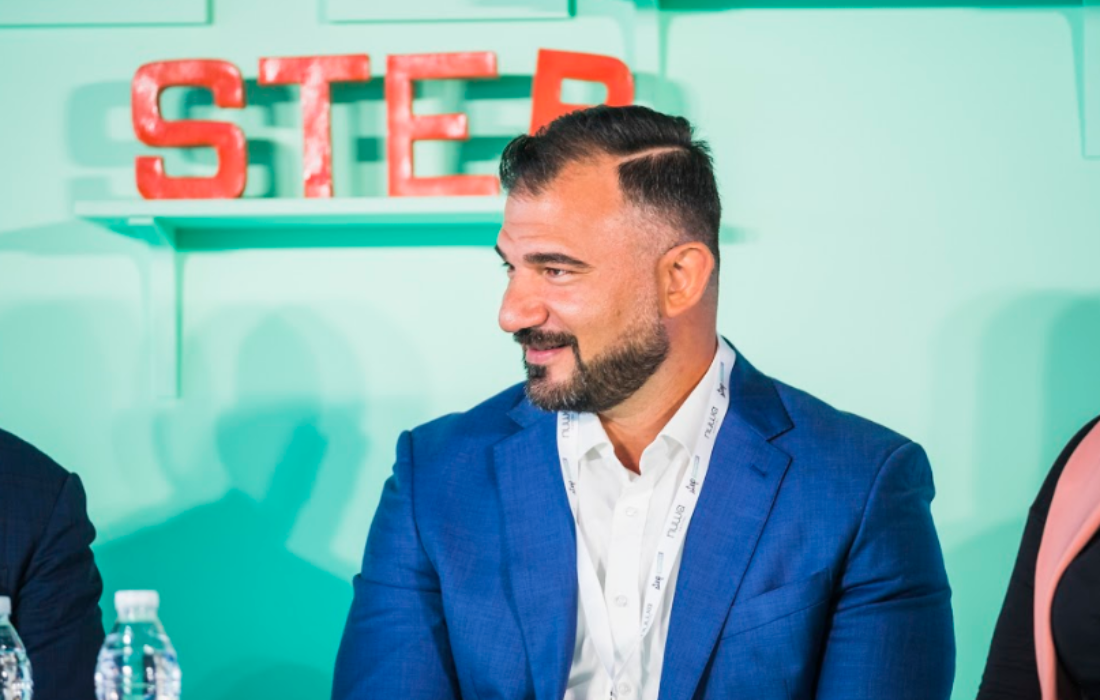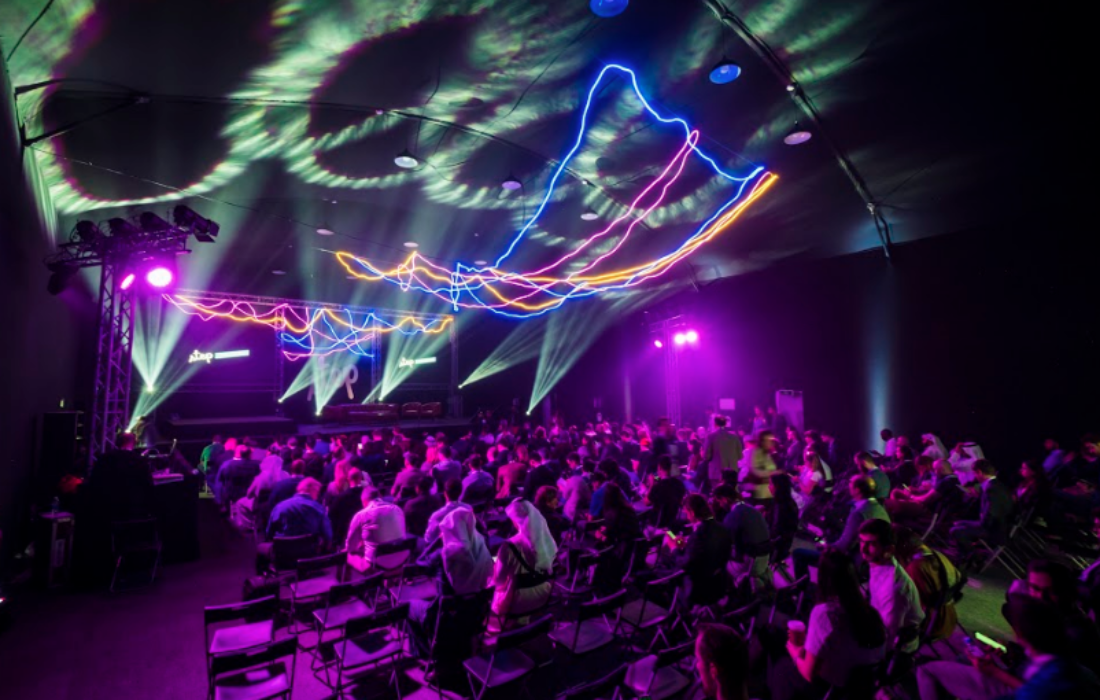Matchmaking applications have been booming globally in the last few years, and the MENA region is no exception. Many local applications have started to appear, with a large user base. These cater to the socio-cultural norms of the Middle East, where going on one-on-one dates is generally discouraged.
In 2017, Mahmoud Khalaf launched Okhtub, an application that aims to help young men and women start a happy married life. “We designed the application to be appropriate for the Egyptian culture,” Khalaf explains.
Finding “The One” Online
Khalaf started researching the idea in 2017. He simply asked people on Facebook what they would like to see on the application. “People’s reactions were more related to how to ensure privacy, and how the application will help them find their appropriate life partner. The response was great, and from there, we began developing the app,” said Khalaf.
To begin searching for “the one”, users input their personal data on the app. This includes information about their education, employment, social status, financial status and the qualities they want in a possible partner. The application then works by identifying the user’s personality through their interests. The app processes this and selects the ‘candidates’ that appear to them.
According to Khalaf, the verification of user data is done by entering the user’s ID, and not by not using a duplicate phone number on the app. A user’s personal photo is also verified. “We wanted to ensure privacy and safety for users, by respecting the customs and traditions of the Egyptian community,” said Khalaf.
To ensure that the relationships on the platform are serious, the app does not allow users to speak with multiple people. It limits users to one other user at a time. Khalaf says that this is a way to ensure that both parties are on the same page.
“The application has succeeded in matchmaking over 150 engagements and 130 marriages so far.”
Mahmoud Khalaf , Fouder, Okhtub
Okhtub is based on a subscription system. The app has 50,000 users, 58% of whom are males, and 42% of which are females. “The application has succeeded in matchmaking over 150 engagements and 130 marriages so far,” Khalaf tells WAYA.
Combatting Socio-Cultural Views
The revenue of dating apps worldwide in 2019 was $ 2.2 billion, according to App Annie, an app data analyst. Nevertheless, the socio-cultural views around dating apps is quite a difficult hurdle for Khalaf. He is not the only one to struggle with this. Other matchmaking app founders in the MENA region have similar issues. As a result, convincing users about the safety of their data is of utmost importance. Khalaf says, “We have taken the time to convince users of the utmost safety and seriousness within the application.”
Ultimately, couples who do end up getting married or engaged through the app usually do not state how they got to know their partner. Even though Okhtub’s customer service, helps users take official steps towards marriage. Khalaf believes that although people have not been very vocal or upfront about their identities on social media or in person, there has been enough success to encourage other people to use dating apps more.
If you see something out of place or would like to contribute to this story, check out our Ethics and Policy section.

